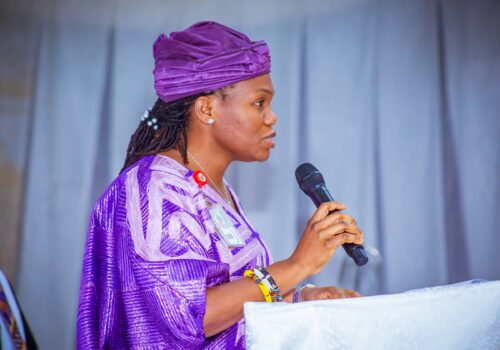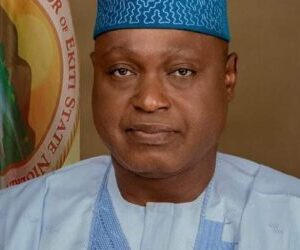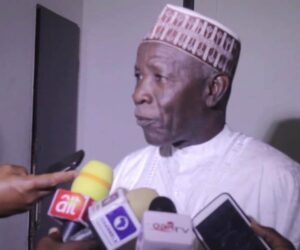The Senior Special Assistant to the President on Community Engagement (North Central), Dr. Abiodun Essiet, has reaffirmed the federal hovernment’s commitment to peace-building and inclusive development in Plateau state and across the North Central region.
Speaking Thursday at the Community Workshop and inauguration of Community-Based Peace Structures held in Jos, Dr. Essiet described the event as a significant milestone in Nigeria’s collective journey toward strengthening social cohesion, promoting inclusive development, and advancing peace.
The initiative, driven by the Presidential Community Engagement Peace Initiative (PCEPI) under the Office of the Senior Special Assistant to the President on Community Engagement, in collaboration with the International Communities Organisation (ICO), a global non-governmental organization focused on human rights and community development, the Office is implementing the project titled “Promoting Community Peace and Strengthening Social Cohesion in North Central Nigeria” to reflect the Tinubu led administration’s renewed Hope focus on community-led peace efforts.
In a statement made available to Blueprint in Abuja through his office, Dr. Essiet said the project demonstrates President Bola Ahmed Tinubu’s firm commitment to placing communities at the center of the peace-building process.
“The core purpose of this initiative is to complement the efforts of our security agencies and the Plateau State Peace Building Agency to ensure sustainability and translate our collective efforts into measurable change,” the presidential aide stated.
The SSA emphasised that the Presidency is deeply concerned about the recurring conflicts in Plateau State, many of which are fueled by misunderstanding, misinformation, and manipulation.
“Earlier this week, I briefed President Tinubu on the current security situation in the North Central.
“The President conveyed his personal commitment to ensuring that lasting peace returns not only to Plateau but to every part of Nigeria,” she said
The SSA also highlighted the Federal Government’s establishment of the Ministry of Livestock Development, which is tasked with implementing ranching systems as a sustainable solution to recurring farmers-herders conflicts — one of the region’s major triggers of violence.
“The ranching model will be implemented in a manner acceptable to communities,” he assured, “while security agencies intensify efforts to maintain peace and hold perpetrators accountable.”
Underscoring the importance of local participation, Essiet urged community representatives to strengthen Early Warning and Early Response systems, which he described as vital for preventing small disputes from escalating into full-blown conflicts.
“Peacebuilding begins with truth, fairness, and mutual respect,” he said. “We must not allow our narratives to stereotype or marginalised any group. Criminality is criminality, regardless of who commits it.”
During her three-day engagement in Plateau State, the presidential aide will hold a series of closed-door meetings with stakeholders and interest groups to chart pathways for sustainable peace.
The workshop brought together local government chairmen, community and traditional leaders, herders, farmers, women, and youth from the 17 local government areas of Plateau State to take ownership of new peace structures and collaborate with the Federal Government in addressing criminality and insecurity at the grassroots.
The Deputy Governor of Plateau State Mrs Josepine Piyo, urged participants to treat the programme with utmost importance and significance as it would provide a platform to review collective commitment to a peaceful, united and prosperous land. She noted that peace is the foundation of the development and survival of communities








